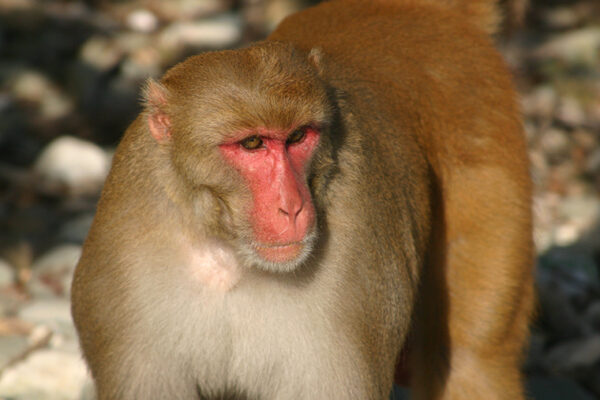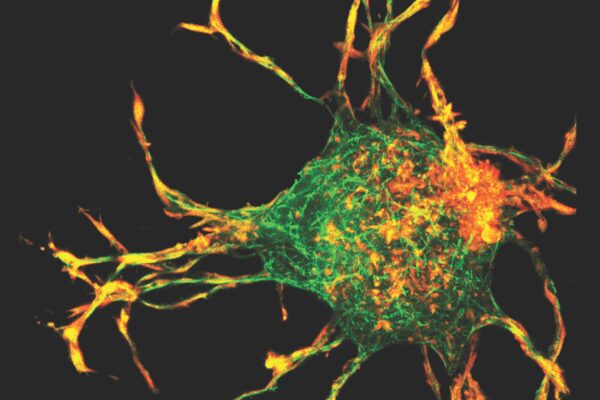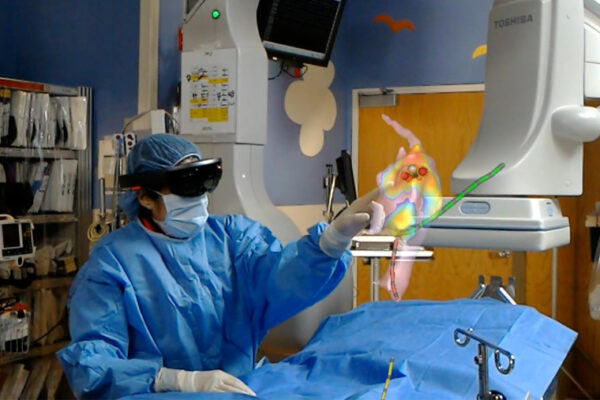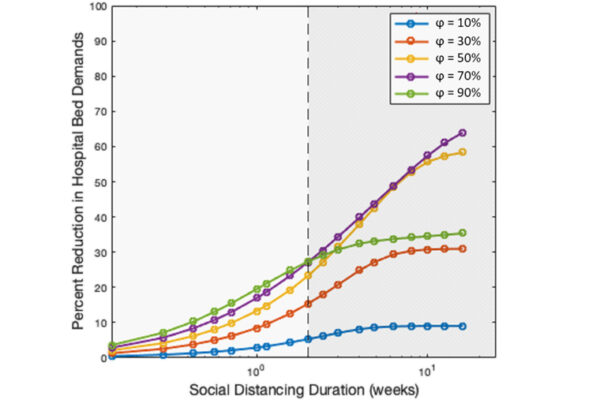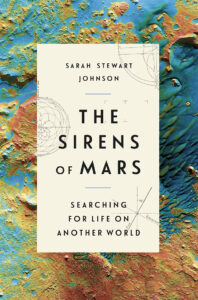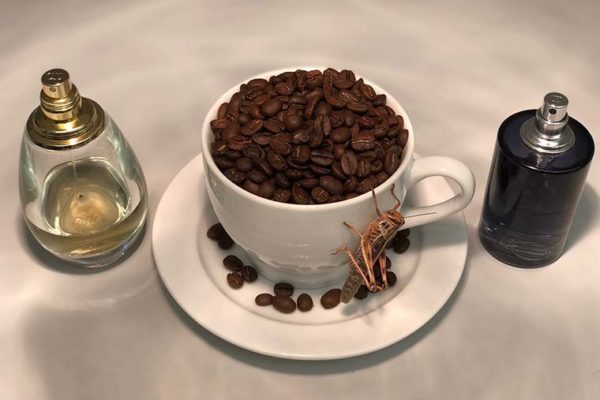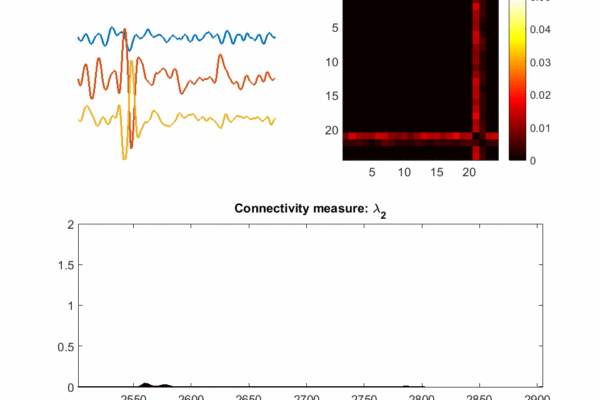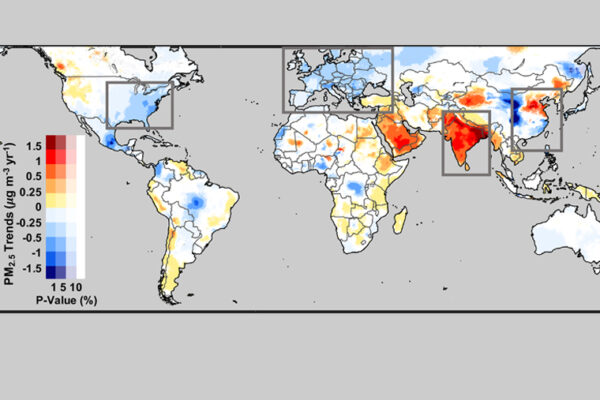Missouri Climate Dialogue scheduled Aug. 18
Washington University’s Climate Change Program (WUCCP), along with the University of Missouri–St. Louis, is co-hosting a series of virtual events to address climate and energy topics affecting the state of Missouri. The first is Aug. 18.
Monkeying around: Study finds older primates father far fewer babies
Older male rhesus monkeys sire fewer offspring. Sperm quality or quantity, or the survival of infants, may decline with the age of the would-be father, a new study from biological anthropologist Krista Milich in Arts & Sciences suggests.
New insights into wound healing
Research from a multidisciplinary team led by Washington University in St. Louis may provide new insights into wound healing, fibrosis and cancer metastasis.
WashU-developed holograms help physicians during cardiac procedure
A holographic display developed by researchers at Washington University in St. Louis improves physician accuracy when performing a procedure to treat irregular heartbeat.
Social distancing and COVID-19: A law of diminishing returns
Modeling from the McKelvey School of Engineering at Washington University in St. Louis shows how social distancing could have better been implemented. The key? Longer periods of distancing would have helped — but only to a point. More needed to be done.
Researchers focused on understanding virus transmission by aerosols
Nearly 240 scientists signed onto a letter urging the World Health Organization to recognize the airborne spread of COVID-19. Here’s what a signatory from Washington University in St. Louis has to say.
The Sirens of Mars
Searching for life on another world
Empathetic and evocative, The Sirens of Mars offers an unlikely natural history of a place where no human has ever set foot, while providing a vivid portrait of our quest to defy our isolation in the cosmos.
An emerging understanding of smell
Engineers at Washington University in St. Louis have found that a neural model based on the act of a bug smelling something showed emergent properties, properties similar to those seen in an insect’s antennal lobe, an important area for its sense of smell.
Artificial intelligence identifies, locates seizures in real-time
Research from the McKelvey School of Engineering at Washington University in St. Louis has shown that understanding brain activity as a network instead of readings from an EEG allow for more accurate and efficient detection of seizures in real-time.
Mapping pollution across the globe
Using recent satellite observations, ground monitoring and computational modeling, researchers at the McKelvey School of Engineering at Washington University in St. Louis have released a survey of global pollution rates. There are a couple of surprises, for worse, but also, for better.
Older Stories

